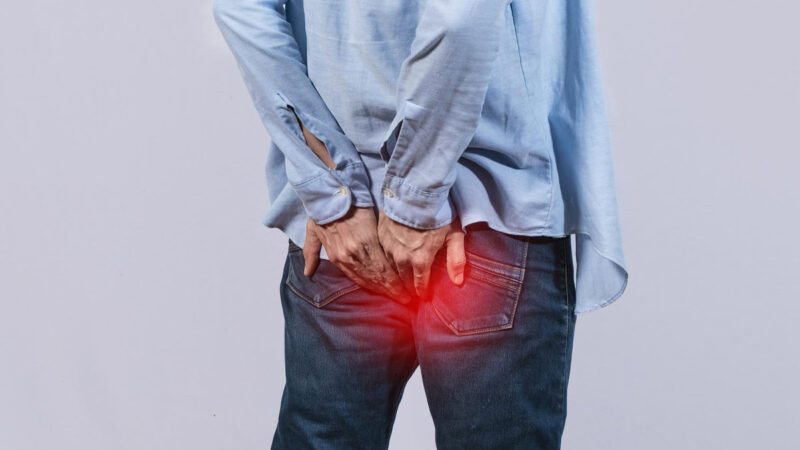Dealing with pain in the anus can be uncomfortable and distressing, often resulting from conditions like hemorrhoids, anal fissures, or other irritations. For those seeking relief, natural home remedies offer a practical and accessible solution.
These remedies, rooted in traditional practices and supported by modern understanding, provide effective ways to alleviate discomfort without the need for medical intervention.
This article presents the top 14 home remedies, carefully selected for their proven efficacy in reducing pain and promoting healing.
14 Best Home Remedies For Pain in the Anus
- Sitz Baths with Epsom salt
- Witch Hazel
- Aloe Vera
- Apple Cider Vinegar
- Cold Compress
- Coconut Oil
- Comfrey
- L-arginine Gel
- Tea Tree Oil
- Glycerin and Epsom salt
- Cranberries
- Figs
- Bayberry
- Radishes
1. Sitz Baths with Epsom Salt
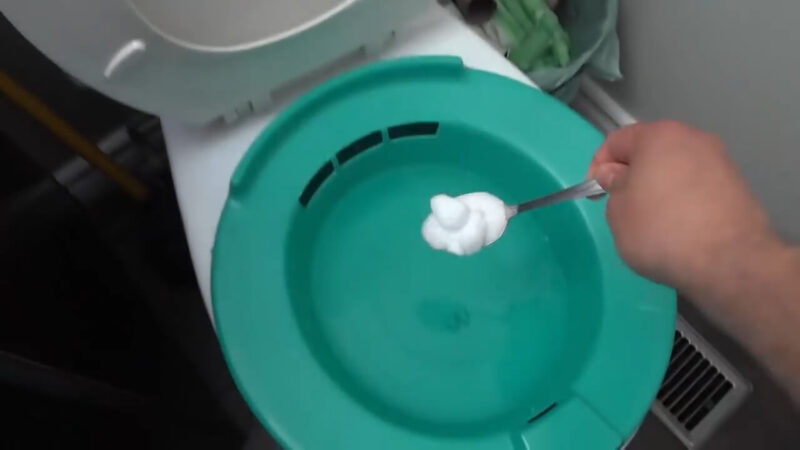
Sitz baths are a well-known remedy for relieving pain and discomfort in the anal area. Soaking in warm water for 15 to 20 minutes several times a day can help reduce swelling, alleviate pain, and promote healing.
Adding Epsom salt to the water enhances its soothing effects, as Epsom salt contains magnesium sulfate, which helps relax muscles and reduce inflammation. The warm water also improves blood flow to the area, aiding the healing process.
Sitz baths are particularly effective after bowel movements, helping to keep the area clean and providing immediate relief from irritation and pain.
2. Witch Hazel
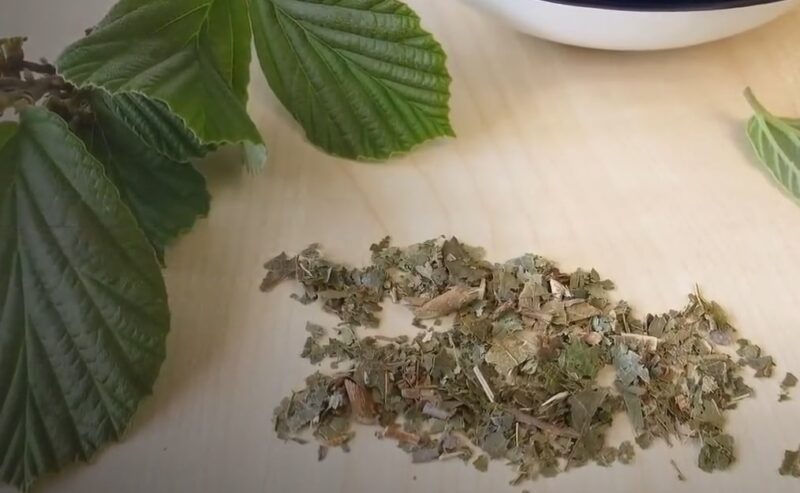
Witch hazel is a natural astringent with strong anti-inflammatory properties, making it an effective remedy for reducing pain and swelling in the anal area. When applied to the affected area, witch hazel helps to constrict blood vessels, decrease swelling, and soothe irritation.
It can be found in various forms, such as liquid extracts, wipes, or creams, and is often used to treat hemorrhoids. Applying witch hazel regularly can provide relief from itching, burning, and pain associated with hemorrhoids or other anal conditions, helping the area to heal more quickly.
3. Aloe Vera
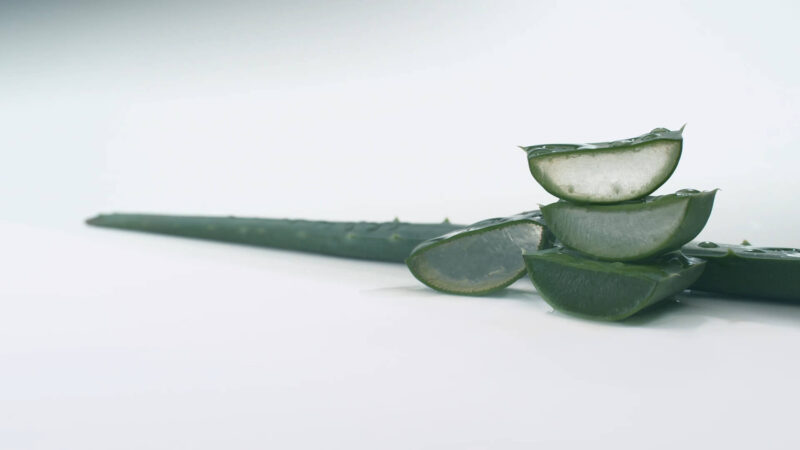
Aloe vera is widely recognized for its soothing and anti-inflammatory properties. When applied to the affected area, aloe vera gel can help reduce inflammation, relieve pain, and promote healing.
The gel from the aloe vera plant contains compounds like polysaccharides that support skin repair and reduce irritation. Aloe vera is particularly beneficial for treating minor skin injuries, burns, and irritation, making it an excellent remedy for anal discomfort.
Regular application of pure aloe vera gel can provide significant relief and support the natural healing process of the skin around the anus.
4. Apple Cider Vinegar
Apple cider vinegar is a versatile remedy that can help alleviate pain in the anus by addressing underlying digestive issues like constipation, which often contribute to anal discomfort.
By improving digestion and promoting regular bowel movements, apple cider vinegar helps reduce strain during defecation, minimizing the risk of aggravating conditions such as hemorrhoids or anal fissures.
To use apple cider vinegar, mix one tablespoon of raw, unfiltered apple cider vinegar with a glass of water and drink it once daily. This natural tonic can support better digestive health and help ease discomfort in the anal area.
5. Cold Compress
Applying a cold compress to the affected area is an effective way to reduce pain and swelling. The cold temperature helps constrict blood vessels, which decreases inflammation and provides immediate relief from pain.
To use this remedy, wrap ice cubes in a clean cloth or use a cold pack and apply it to the anus for 10 to 15 minutes at a time. Repeat this process several times a day as needed. The cold compress can be particularly beneficial after bowel movements or when symptoms are at their worst, providing quick and temporary relief.
6. Coconut Oil
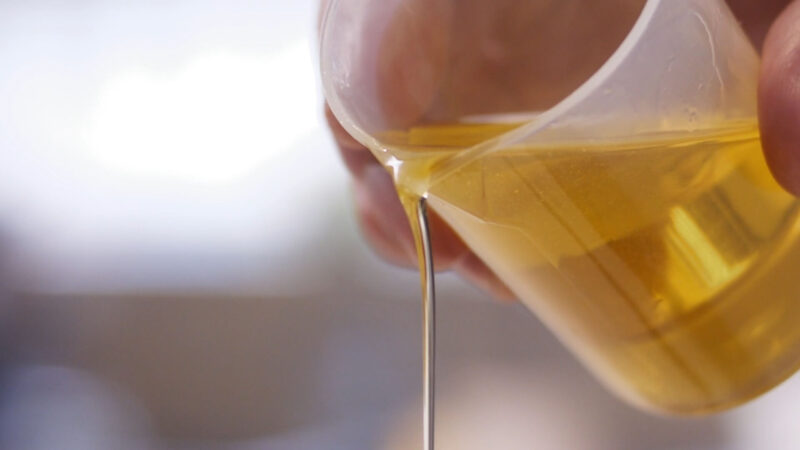
Coconut oil is known for its anti-inflammatory and moisturizing properties, making it an excellent natural remedy for soothing anal discomfort. When applied to the affected area, coconut oil helps reduce inflammation, lubricate the skin, and promote healing.
Its antimicrobial properties also help prevent infections in the area. To use coconut oil, simply apply a small amount of pure, organic coconut oil to the anus after cleaning the area. Repeat this process two to three times daily or whenever you experience discomfort.
Regular use of coconut oil can help manage pain and irritation while supporting the healing of anal fissures or hemorrhoids.
7. Comfrey

Comfrey is a powerful herb known for its ability to promote healing and relieve pain, particularly in cases of anal fissures. The roots and leaves of the comfrey plant contain allantoin, a compound that encourages the regeneration of skin tissues and accelerates the healing process.
To use comfrey as a remedy, steep one tablespoon of dried comfrey in a cup of hot water for 10 to 15 minutes. After straining and cooling the liquid, it can be used to gently cleanse the affected area two to three times a day.
Alternatively, warm comfrey tea can be applied as a compress to soothe pain and support healing. However, comfrey should only be used for short periods and with caution due to potential toxicity if used excessively.
8. L-arginine Gel
L-arginine, an amino acid, plays a crucial role in wound healing by increasing nitric oxide production, which improves blood flow to the affected area. L-arginine gel is particularly effective for treating anal fissures, promoting faster healing and providing relief from pain without significant side effects.
Apply an over-the-counter L-arginine gel to the affected area several times a day, as needed. This remedy can be particularly beneficial for individuals who have not responded well to other treatments.
However, individuals with certain health conditions, such as heart disease or low blood pressure, should consult a healthcare provider before using L-arginine gel.
9. Tea Tree Oil

Tea tree oil is a natural antiseptic and anti-inflammatory agent that can help reduce pain and swelling in the anal area. Its antimicrobial properties also make it effective in preventing infections, which is especially important for those dealing with open sores or fissures.
To use tea tree oil, mix a few drops with a carrier oil like coconut or olive oil and apply it gently to the affected area. This treatment can be repeated two to three times daily to help manage pain and promote healing. Due to its potency, tea tree oil should always be diluted before application to avoid skin irritation.
10. Glycerin and Epsom Salt
A mixture of glycerin and Epsom salt is a lesser-known but highly effective remedy for relieving anal pain. This combination works by softening the skin, reducing inflammation, and providing a soothing effect. To prepare this remedy, mix two tablespoons of glycerin with two tablespoons of Epsom salt.
Apply the mixture to a gauze pad and gently dab it on the affected area. Leave it on for 15 to 20 minutes before rinsing off with warm water. This process can be repeated every 4 to 6 hours until the pain subsides. Regular use of this remedy can help alleviate discomfort and support the healing of anal fissures or hemorrhoids.
11. Cranberries
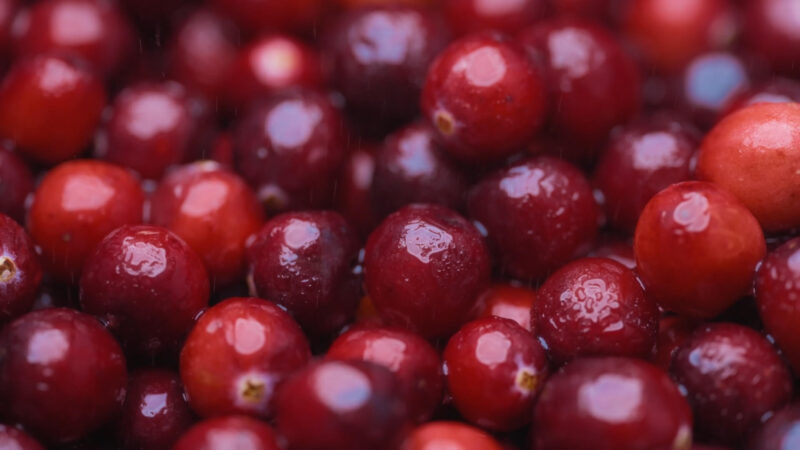
Cranberries possess anti-inflammatory properties that can provide relief from pain and irritation in the anal area, particularly for those suffering from hemorrhoids. To use cranberries as a remedy, crush a handful of fresh cranberries and place them in a clean cheesecloth.
Apply the cheesecloth directly to the affected area for a few minutes to reduce inflammation and soothe discomfort. This method can be repeated several times a day as needed. Cranberries are also beneficial when consumed regularly, as they promote overall digestive health and can help prevent conditions that lead to anal discomfort.
12. Figs

Figs are known for their high fiber content and their ability to relieve constipation, which is often a contributing factor to anal pain. Consuming figs can help regulate bowel movements, making them less painful and reducing strain on the anal area.
To use figs as a remedy, soak 3 to 4 figs in water overnight and eat them first thing in the morning on an empty stomach. Alternatively, you can apply a fig paste directly to the affected area to alleviate burning sensations. Regular consumption of figs can help maintain digestive health and prevent recurrence of symptoms.
13. Bayberry

Bayberry is an herb that has been traditionally used to treat hemorrhoids and other anal discomforts due to its astringent and anti-inflammatory properties. It helps reduce the size and severity of hemorrhoids and provides relief from pain and irritation.
To use bayberry, you can prepare an ointment by mixing bayberry with myrrh, white oak, and golden seal root. Apply this mixture to the affected area as needed to soothe discomfort and promote healing. Bayberry can also be consumed in tea form to support overall health and reduce symptoms.
14. Radishes

Radishes are a natural remedy that can help relieve anal pain by improving digestion and preventing constipation. They are rich in fiber, which helps regulate bowel movements and reduces the strain that can lead to anal discomfort.
Radishes can be consumed raw, grated, or in juice form, and adding a pinch of salt can enhance their effectiveness. Including radishes in your daily diet can help prevent and alleviate pain in the anus by promoting smooth and painless bowel movements.
FAQs
How can diet changes help alleviate anal pain?
Diet plays a significant role in preventing and managing anal pain, particularly by addressing constipation, which is a common cause of discomfort. Incorporating high-fiber foods such as fruits, vegetables, and whole grains can help soften stools and promote regular bowel movements.
Staying hydrated by drinking plenty of water is also essential to prevent constipation and reduce the strain during defecation, which can worsen conditions like hemorrhoids and anal fissures.
Are there any specific exercises that can help with anal pain?
Yes, specific exercises like Kegel exercises can strengthen the pelvic floor muscles, which may help alleviate pain associated with conditions like hemorrhoids. Regular physical activity, such as walking or yoga, can also promote better digestion and reduce constipation, indirectly helping to prevent or relieve anal pain. Always consult with a healthcare provider before starting any new exercise regimen, especially if you have existing medical conditions.
Can stress contribute to anal pain, and how can it be managed?
Stress can exacerbate conditions like constipation, which in turn can lead to or worsen anal pain. Stress management techniques such as deep breathing exercises, meditation, and regular physical activity can help reduce stress levels and promote overall digestive health. Managing stress effectively can play a crucial role in preventing flare-ups of conditions that cause anal discomfort.
What are the signs that anal pain requires medical attention?
While home remedies can be effective, certain symptoms may indicate that medical attention is necessary. Signs such as severe or persistent pain, significant bleeding, a lump or swelling that doesn’t improve, or a discharge from the anus may require a doctor’s evaluation. If over-the-counter treatments and home remedies do not provide relief, or if symptoms worsen, it is important to seek medical advice.
How can good hygiene practices reduce the risk of anal pain?
Maintaining good hygiene can prevent irritation and infections that may cause or worsen anal pain. Using unscented, alcohol-free wipes instead of toilet paper, keeping the area clean and dry, and wearing loose, breathable clothing can all contribute to reducing discomfort. Avoiding harsh soaps and ensuring the area is thoroughly cleaned after bowel movements can also help in preventing irritation.
Bottom Line
Managing anal pain can be challenging, but there are effective home remedies that can provide relief and support the healing process. From sitz baths with Epsom salt to the application of natural ingredients like aloe vera and coconut oil, these remedies offer accessible ways to address discomfort.
In addition to these treatments, maintaining a healthy diet, practicing good hygiene, and managing stress are essential strategies for preventing and alleviating pain in the anus. While these remedies can be highly effective, it’s important to recognize when medical attention is necessary, especially if symptoms persist or worsen.
Related Posts:
- 9 Home Remedies For Menorrhagia - Ease Your Periods…
- How To Reduce Feminine Odor With Home Remedies?
- 7 Signs Your Hernia Pain Needs Immediate Attention
- How Entamizole Helps Relieve Stomach Pain - Uses Explained
- 10 Common Types of Stomach Pain and How to Deal with…
- How Can You Tell If Your Pain is from the…

